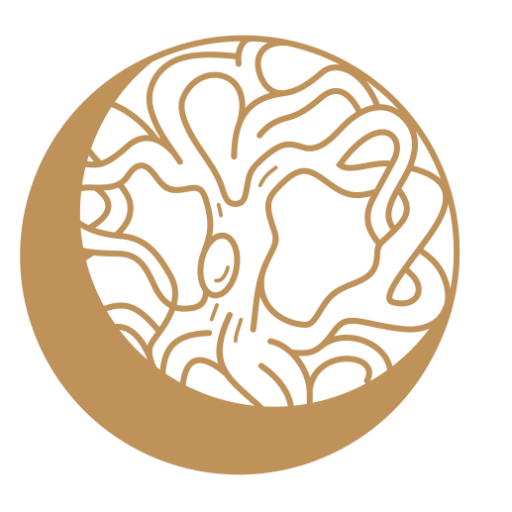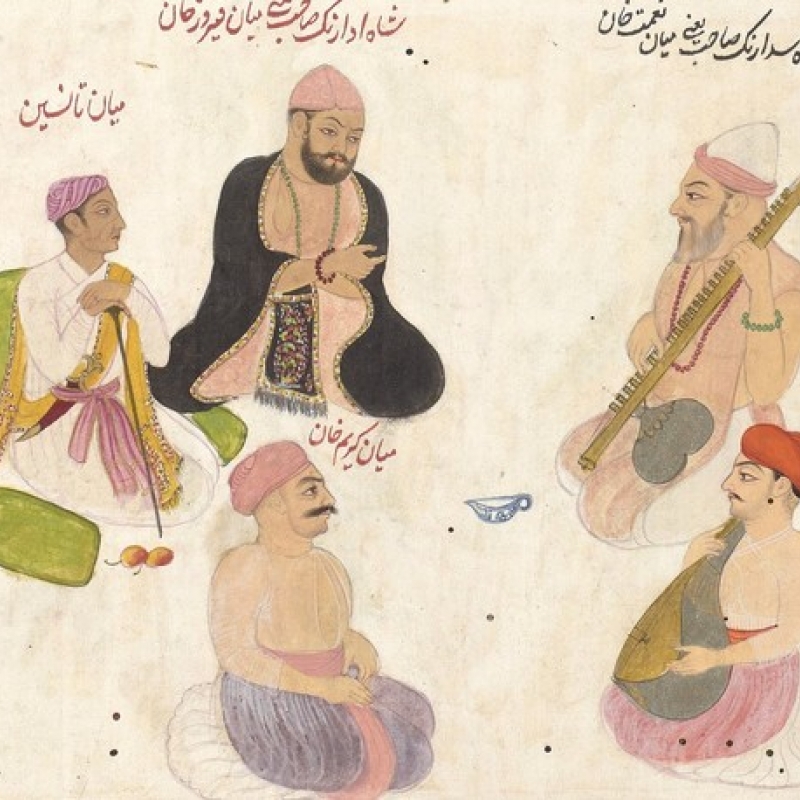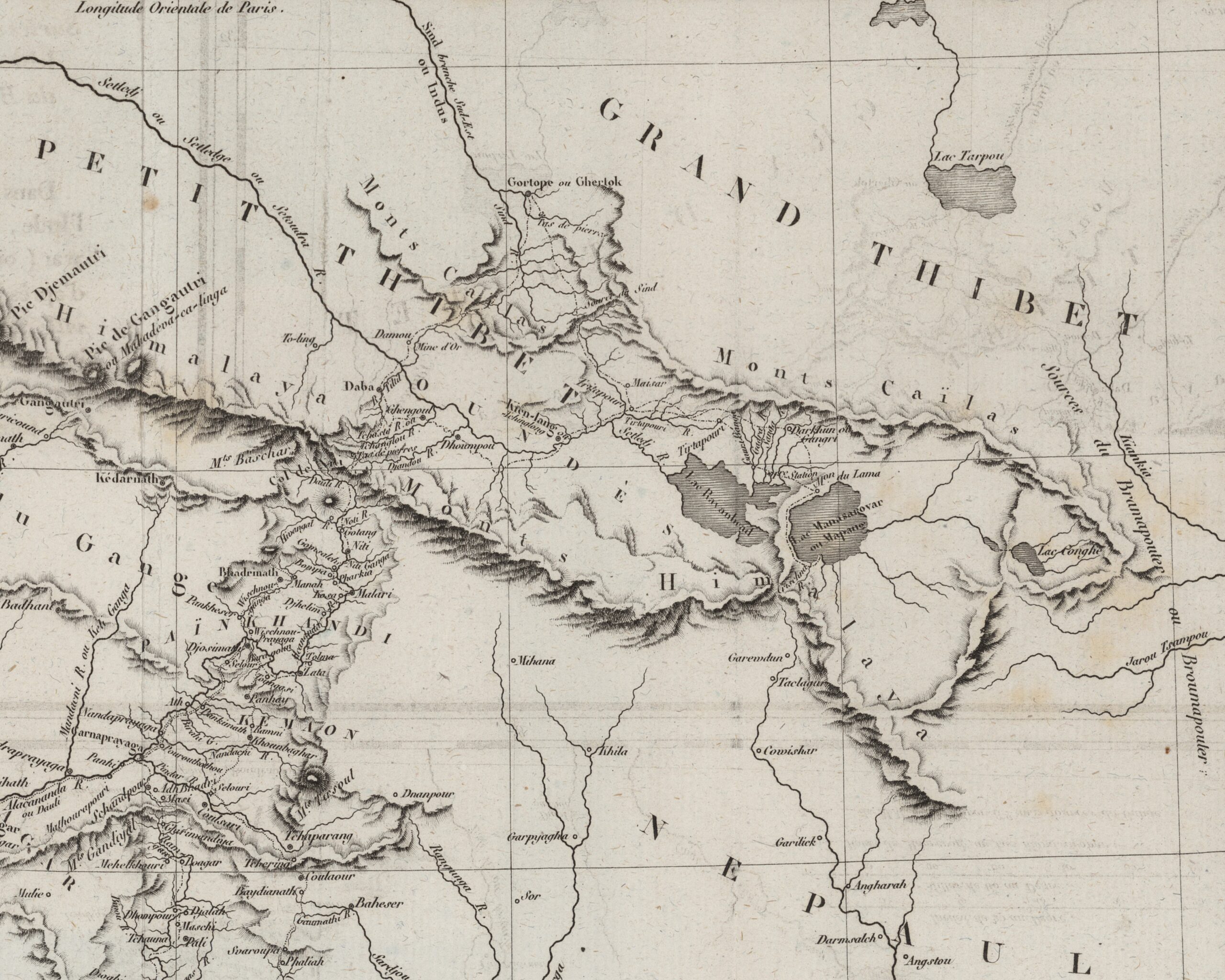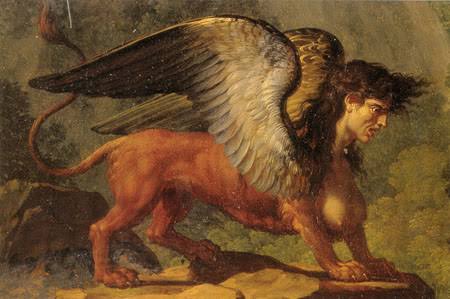By Swera Hafeez
Culture is the symbol of life in a breathing society expressed in the many ways through composition of folklores, legends and tales, remembering of the past through celebration and festivals. Music is a significant element of culture. It plays an important role in expression and survival of a unique cultural identity. It is in this very way that the music of Potohar plays a colossally significant role in the preservation of the dying culture of the plateau.
The Land of Potohar
The Potohar Plateau is a region located in north-eastern Pakistan, between the Indus River(east) and the Jhelum River(west), along with the Margalla hills in the north. This region comprises four districts of Punjab i.e. Rawalpindi ,Jhelum, Chakwal, Attock. Talking about one of its most significant cultural aspects i.e. music, this article focuses on the ancient music of Potohar, enshrined in the people of the plateau and the colossal love that they hold for their traditions, culture, literature, and folk music.
Music In the Indus Valley
The modern English word ‘music’ came into use in the 1630s. It derives from the Ancient Greek mousiké, literally meaning “art of the Muses”. The Muses were nine deities in Ancient Greek mythology who presided over the arts and sciences.
Music and the use of musical instruments in this region dates back to ancient times – as far back as 5000 years. In ancient times, it was in this region that the great Indus civilization flourished which was rich in art, music and dance. The dancing girl and the musical pots found from the ancient city of Moen Jo Daro are some of the proofs of the early musical tradition of this land. For instance, Shail Vyas claims several percussion instruments such as the Dhol may come from the influence of some clay made instruments that were similar to the Dhol which were found in the Indus Valley Civilization. Dhol is depicted in the earliest ancient South Asian sculptural arts as one of the chief percussion instruments for ancient South Asian music, along with tabla. Ain-i-Akbari as well describes the use of Dhol in the orchestra of the Mughal emperor Akbar the Great.
Potohari Music
Potohari music reflects the rich cultural heritage of the region through the verses and ideology discussed . There exists a large religious and ethnic diversities in the plateau. Based upon the unique culture, Potohari music can be divided amongst three categories:
Classical Music
The classical music of potohar is based on the traditional music that was patronized by various empires that ruled the region and gave birth to several genres of classical. Classical music has two main principles, ‘sur’ (musical note) and ‘lai’ (rhythm).Singing of a poetic verse is termed as ghazal, considered a type of classical music. It often refers to a musical form which utilizes the verses of ghazals as song lyrics and the “tappa” that is a way to express joy in wedding ceremonies. Amongst the classic singers and poets are personalities like Mian Muhammad Baksh, writer of the book Saif ul malook. Jugni is by far the most appreciated classical songs of the region.
Modern Music
The Music of Potohar includes diverse elements ranging from music from various parts of South Asia as well as Central Asian, Middle Eastern, and modern-day Western popular music influences. With these multiple influences, a distinctive Potohari music has emerged. Pakistan’s film industry, known as “Lollywood”, is based in Lahore and Karachi. Modern music could also be sought to be originated from film music.
Religious Music
Religious music include Naat, Hamd and Qawali. The word Naat has Arabic origins and translates to praise. A poem that praises the Islamic Prophet Muhammad is referred to as Naat in Urdu. Sufism, Islam’s mystical dimension, advocates peace, tolerance as well as music as a means of improving one’s relationship with God. Poets of religious music in potohar region include Pir Mehr Ali Shah, Bari Imam (Shah Abdul Latif), Mian Qadir and many others.
Conclusion
With time as more and more diverse soures lend an affect upon the region and its culture it is high time to not only safeguard but also promote the native music of the Potohar region before this majestic tradition is forever lost to a fast changing world.
References:
• Indigenous African Popular Music, Volume 1: Prophets and Philosophers, Abiodun Salawu, Israel A. Fadipe · 2022 ·
• Minallah, F. A. (2007). Glimpses Into Islamabad’s Soul. Pakistan: Sungi Development Foundation.
• In memory of Mian Muhammad Bakhsh Academy of the Punjab in North America (APNA) website, Published 13 October 2013
• Potohar’s folk culture celebrated, Published in The Express Tribune, April 25th, 2015.
• Revival Of Traditional Pothohari Folk Music To Promote Love, Peace, November 15, 2020
by Covert
• Mulfuzaat -e- Mehrya by Meher Ali Shah





Great content & work .
Very informative!
Its was very helpful.Thank you so much for this precious piece of information😊
Thanks for making the effort to do thiam it’s much appreciated. Potohar is losing its identity and it needs to be reclaimed.
Thanks for making the effort to do this it’s much appreciated. Potohar is losing its identity and it needs to be reclaimed.